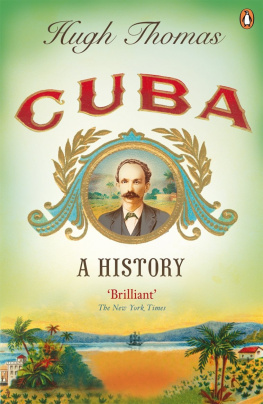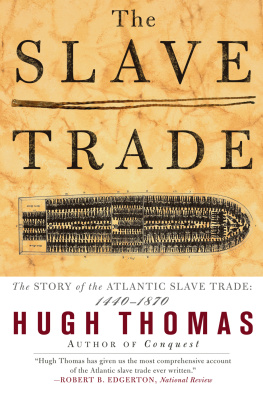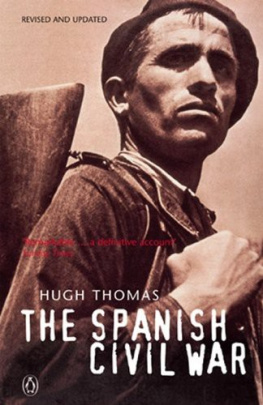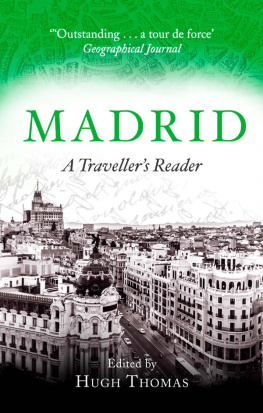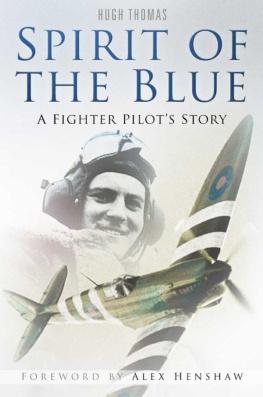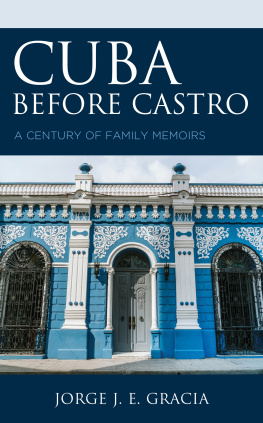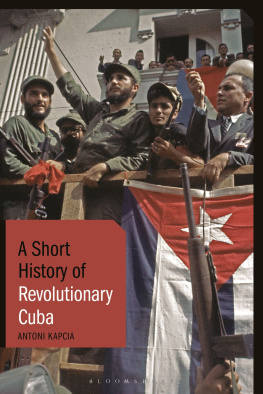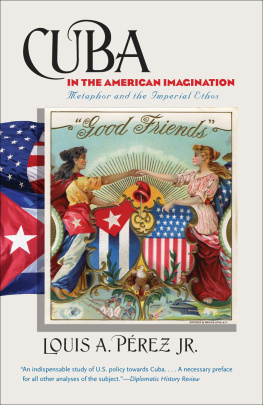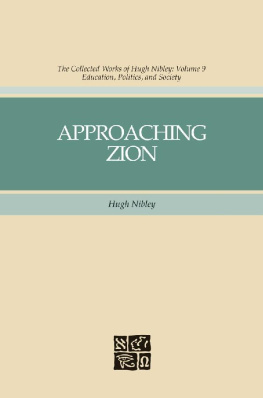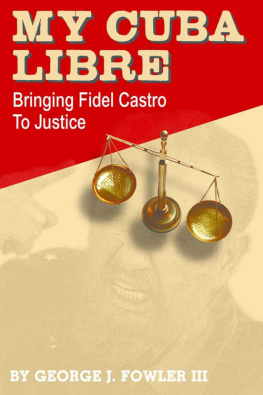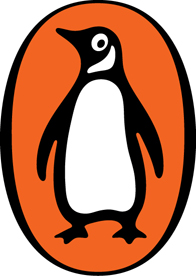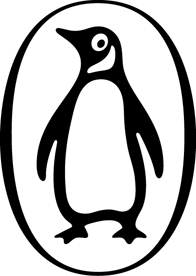Hugh Thomas - Cuba: A History
Here you can read online Hugh Thomas - Cuba: A History full text of the book (entire story) in english for free. Download pdf and epub, get meaning, cover and reviews about this ebook. City: London, year: 2010, publisher: Penguin, genre: History. Description of the work, (preface) as well as reviews are available. Best literature library LitArk.com created for fans of good reading and offers a wide selection of genres:
Romance novel
Science fiction
Adventure
Detective
Science
History
Home and family
Prose
Art
Politics
Computer
Non-fiction
Religion
Business
Children
Humor
Choose a favorite category and find really read worthwhile books. Enjoy immersion in the world of imagination, feel the emotions of the characters or learn something new for yourself, make an fascinating discovery.
- Book:Cuba: A History
- Author:
- Publisher:Penguin
- Genre:
- Year:2010
- City:London
- Rating:4 / 5
- Favourites:Add to favourites
- Your mark:
Cuba: A History: summary, description and annotation
We offer to read an annotation, description, summary or preface (depends on what the author of the book "Cuba: A History" wrote himself). If you haven't found the necessary information about the book — write in the comments, we will try to find it.
From award-winning historian Hugh Thomas, Cuba: A History is the essential work for understanding one of the most fascinating and controversial countries in the world.
Hugh Thomass acclaimed book explores the whole sweep of Cuban history from the British capture of Havana in 1762 through the years of Spanish and United States domination, down to the twentieth century and the extraordinary revolution of Fidel Castro.
Throughout this period of over two hundred years, Hugh Thomas analyses the political, economic and social events that have shaped Cuban history with extraordinary insight and panache, covering subjects ranging from sugar, tobacco and education to slavery, war and occupation.
Encyclopaedic in range and breathtaking in execution, Cuba is surely one of the seminal works of world history.
An astonishing feat ... the author does more to explain the phenomenon of Fidels rise to power than anybody else has done so far
Spectator
Brilliant
The New York Times
Immensely readable. Thomass notion of historys scope is generous, for he has not limited himself to telling old political and military events; he describes Cuban culture at all stages ... not merely accessible but absorbing. His language is witty but never mocking, crisp but never harsh
New Yorker
Thomas seems to have talked to everybody not dead or in jail, and read everything. He is scrupulously fair
Time
Hugh Thomas is the author of, among other books, The Spanish Civil War (1962), which won the Somerset Maugham Award, Cuba: The Pursuit of Freedom (1971), An Unfinished History of the World (1979), and the first two volumes of his Spanish Empire trilogy, Rivers of Gold (2003) and The Golden Age (2010).
Hugh Thomas: author's other books
Who wrote Cuba: A History? Find out the surname, the name of the author of the book and a list of all author's works by series.

